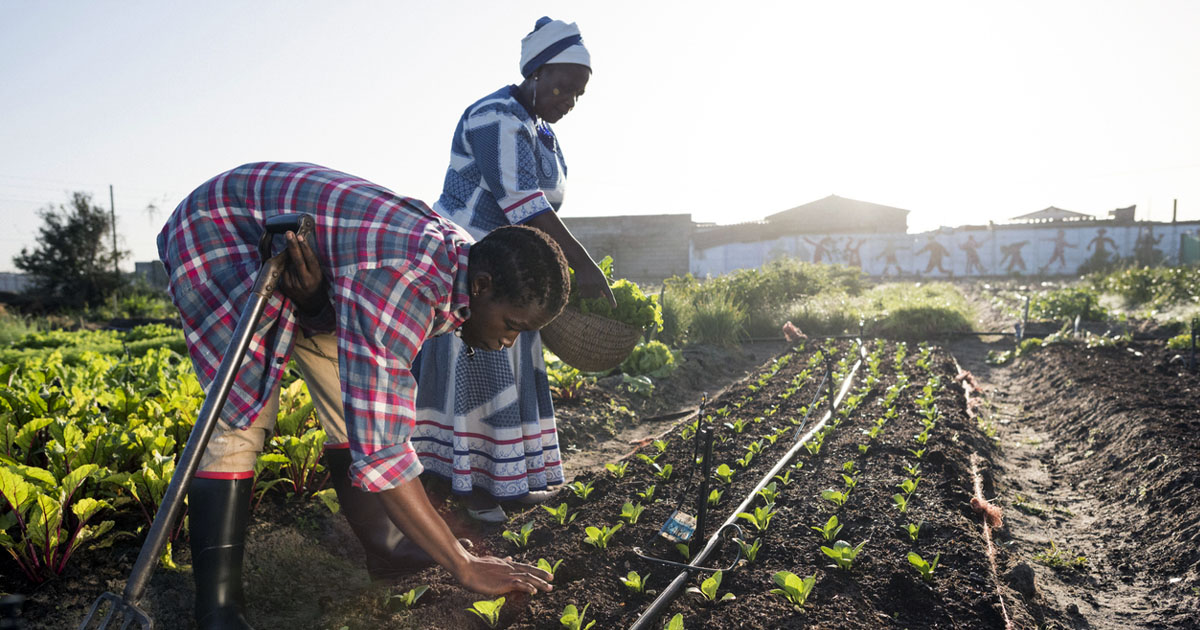Millennium Challenge Corporation
The project was implemented in two regions along the Senegal River Valley and included upgrades to and the rehabilitation of a canal and drainage system for 60,000 hectares of potential rice fields, construction of a multi-crop irrigated perimeter, clarification of land rights, development of a land allocation process, support for land rights, and training in land-tenure security tools and irrigation techniques for local water user committees. The key objectives were to increase agricultural production, employment, and incomes in the Senegal River Valley; formalize farmers’ land rights; and mitigate land disputes.
Evidence & Insights From This Project

Senegal’s Irrigation and Water Resources Management Project at Five Years Post-Compact: Findings from a Mixed-Methods Evaluation
This final evaluation of MCC’s $170 million project found the irrigation infrastructure remains in good condition, but routine maintenance is not keeping pace. Land under production has steadily increased but is lower than expected and agricultural production targets have not been met.
Learn MoreEfficiency Meets Impact.
That's Progress Together.
To solve their most pressing challenges, organizations turn to Mathematica for deeply integrated expertise. We bring together subject matter and policy experts, data scientists, methodologists, and technologists who work across topics and sectors to help our partners design, improve, and scale evidence-based solutions.
Work With Us
